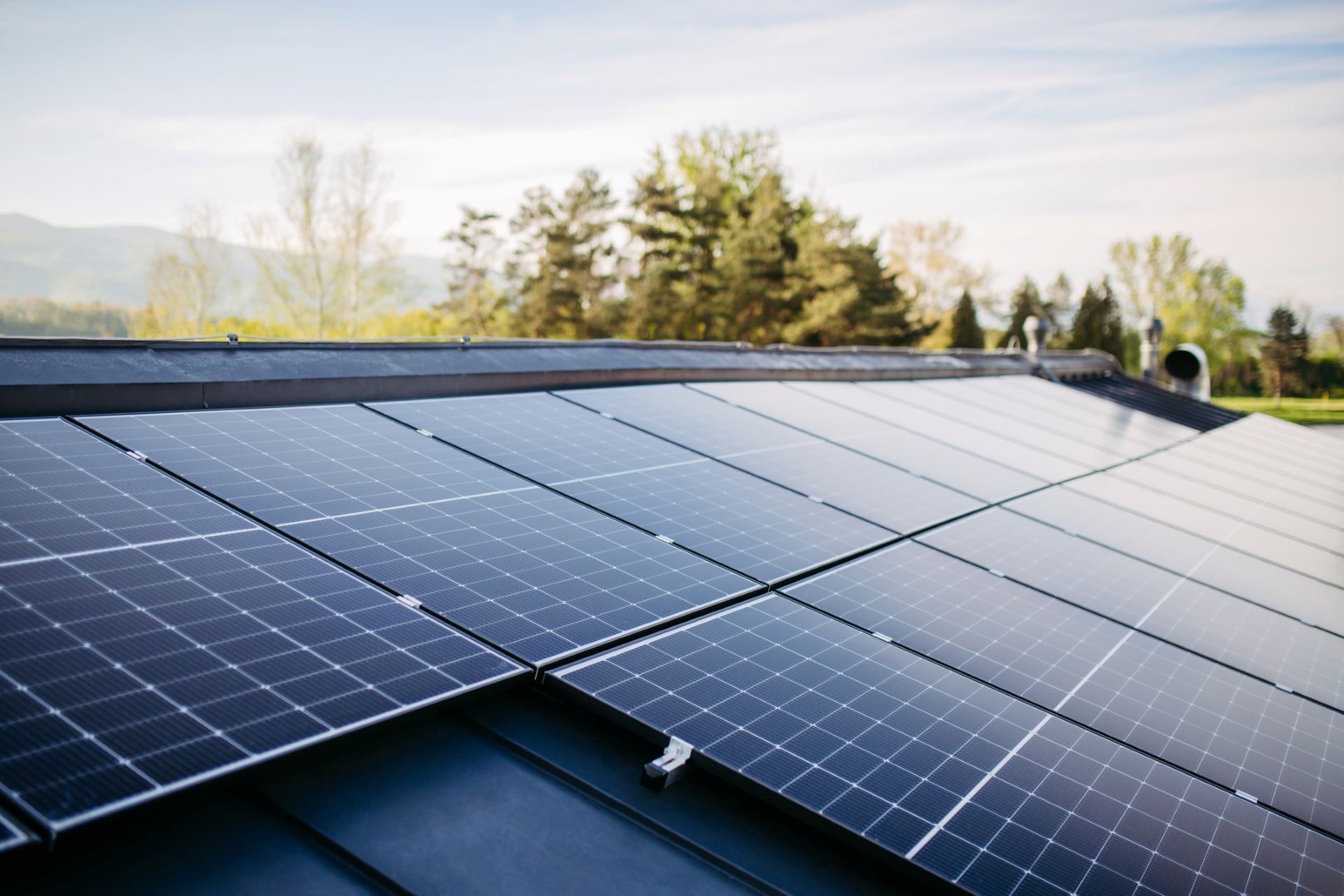Key Takeaways
- A Redditor questioned the financial benefits of upgrading to solar energy versus investing in stocks.
- Current estimates suggest a nine-year break-even for solar installations, while stock investment returns have outperformed traditional markets.
- Incentives for solar installations may expire by the end of 2025, making now an optimal time to consider switching to solar power.
Financial Insights on Solar Energy vs. Stock Investment
A Redditor sought advice from the r/solar community about the break-even point for a solar energy investment compared to returns from the stock market. The user noted that their annual stock returns over the past 15 years ranged from 13% to 15%. With an anticipated future return closer to 10%, they calculated that investments in stocks could double every seven years. Therefore, they concluded that if a solar installation’s break-even point exceeded seven years, investing in stocks would be more beneficial.
The Redditor received a nine-year break-even estimation for a solar installation, emphasizing the need for reliable estimates when considering solar energy. EnergySage provides a free online tool that connects homeowners with local experts and allows cost comparisons for solar installations.
Despite concerns about financial returns, experts highlight the numerous advantages of solar power. It can lead to zero or reduced monthly electricity bills, even in regions with less sunlight. Additionally, homeowners who install solar can potentially earn credits from utility companies or store extra power for less sunny periods.
Incentives and rebates are currently available to help offset initial installation costs, with EnergySage assisting customers in accessing these benefits and saving up to $10,000 in setup fees. However, these federal solar panel incentives are set to expire at the end of 2025, urging homeowners to act swiftly to capitalize on available savings.
Beyond financial considerations, the installation of solar panels contributes positively to environmental sustainability. By relying more on solar energy, communities can reduce dependence on fossil fuels, which are significant contributors to pollution and climate change. Such environmental impacts have substantial economic costs, including threats to agriculture and real estate insurance challenges.
Several responses from the Reddit community recommended broader considerations beyond immediate financial return. One user noted that solar systems typically last longer than the nine-year estimate, and electricity prices are likely to increase over time, potentially exceeding inflation rates. This perspective suggests that once solar systems are paid off, they provide free electricity for years to come. Another user emphasized the reliability of solar panels compared to uncertain stock market returns, reinforcing the long-term benefits of investing in renewable energy.
The content above is a summary. For more details, see the source article.















